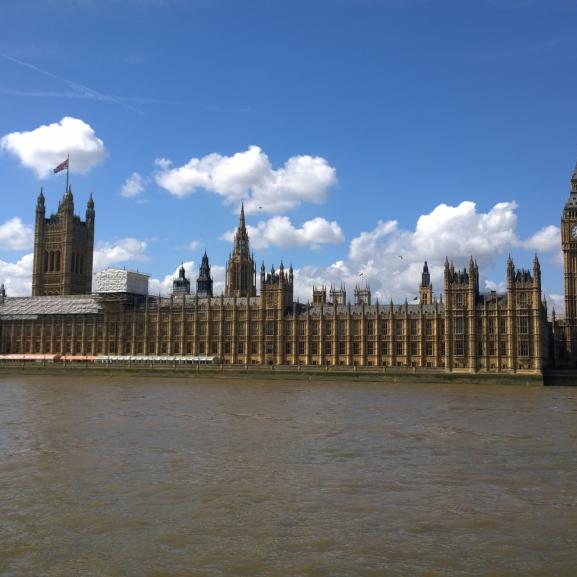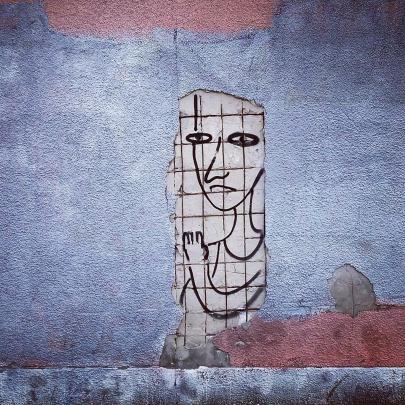Freedom from Torture’s statement on Sri Lanka at the Human Rights Committee
A Freedom from Torture delegation is in Geneva to attend the United Nations' Human Rights Committee review of Sri Lanka. The following statement drawing attention to our forensic evidence of ongoing torture in Sri Lanka was read to the Committee last night before the review started:
Freedom from Torture would like to draw the attention of the Committee to our forensic evidence of torture committed by Sri Lankan state authorities in a context of arbitrary and unlawful detention in the post-conflict period, 2009-2013. Our doctors have prepared 160 medico-legal reports to date, for individuals tortured since the end of the conflict. This number continues to rise month by month.
We note the Committee's request to the State Party in its List of Issues to respond to 'allegations that torture and ill-treatment of detainees remain common and widespread' and for information about 'measures taken to address arbitrary and unlawful detention'. We note that State Party's Reply to the List of Issues does not engage with these requests and indeed makes no mention of allegations of torture or of unlawful and arbitrary detention. We also note the Committee's request for information about cases of rape and other forms of sexual violence committed during and after the conflict and the State party's categorical rejection of such allegations.
Freedom from Torture's evidence, from a review of 90 medico-legal reports, indicates that torture – including, notably, burning as well as rape and other forms of sexual torture – continue to be practised throughout Sri Lanka by a variety of state actors including the police and military. The lack of due process reported in these cases, combined with the significant scarring evident in a high proportion of the cases, is heavily suggestive of impunity for perpetrators of torture in Sri Lanka. 73% of cases were burned with cigarettes or heated metal, 66% disclosed sexual assault and all victims described blunt trauma injuries. Evidence of psychological torture was found in all cases with devastating impact on mental health.
Our evidence further indicates that Sri Lankan Tamils with a real or perceived association with the LTTE in the past continue to be at particular risk of torture, even if this association is at a low level and/or where it is indirect through family members. We are particularly concerned to note that Sri Lankan Tamils who return to the country, for example from the UK, appear to be exposed to on-going risk of detention and torture.
We would strongly urge the Committee to take note of Freedom from Torture's evidence and recommendations in their forthcoming Review with the State Party and in their Concluding Observations and follow-up actions.







